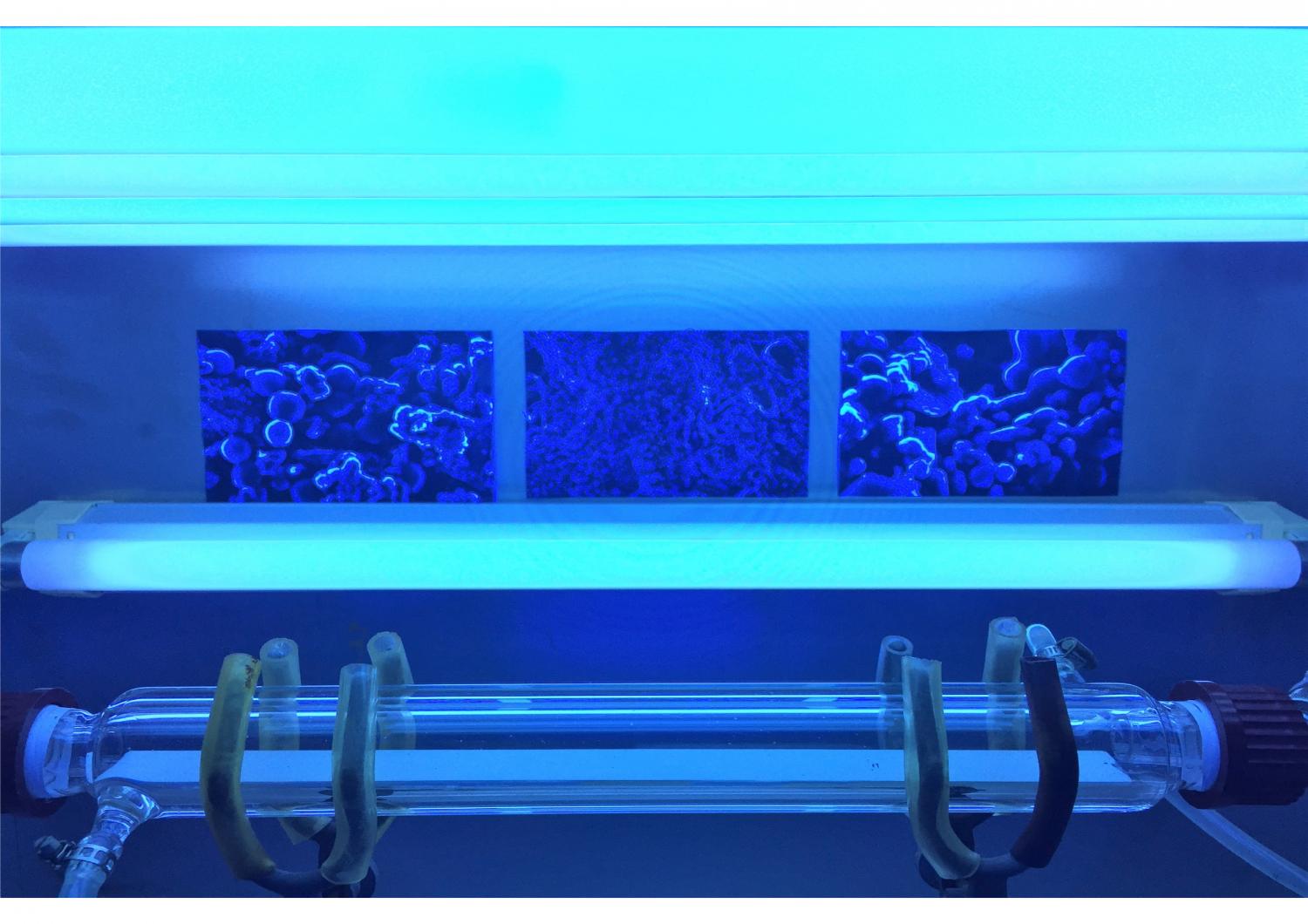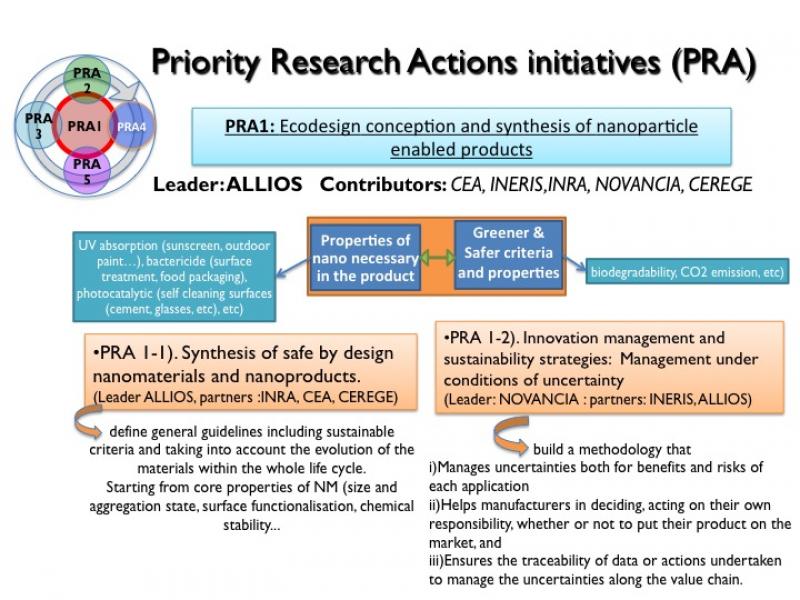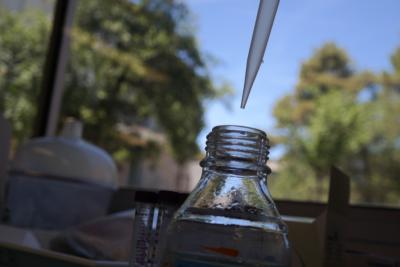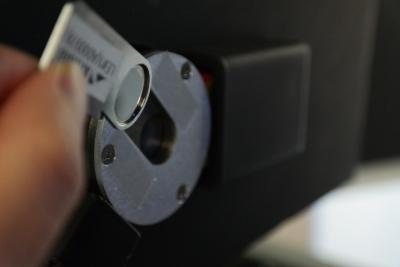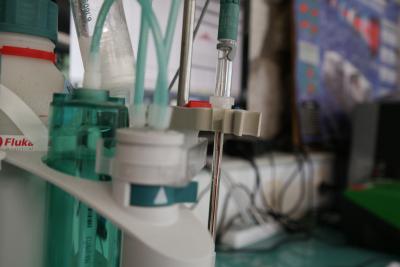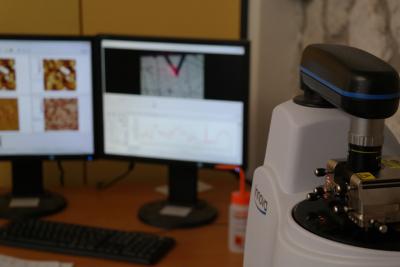PRA 1 - Ecodesign conception and synthesis of nanoparticle enabled products.
The objective of PRA 1 is to design nanomaterials with specific and innovative industrial applications but safe for human and the environment. This will promote the sustainable and responsible development, and the competitiveness of national and European SMEs and large companies involved in nanotechnologies.
PRA 1.1 - Safety-oriented design
The evidence of adverse effects induced by nanoparticles engages to the implementation of ‘green chemistry’ principles. Nevertheless not all 12 green chemistry principles are transposable to nanotechnology. However if specific guidelines to nanomaterials have been proposed recently as the principles of ‘Design for Safer nanotechnology’ to date, all these design principles are largely untested and did not include sustainable criteria.
It is time to further define general guidelines including sustainable criteria and taking into account the evolution of the materials within the whole life cycle. We will start from core properties of the NMs:
- Size and structure of aggregate-agglomerate.
- Surface functionalization
- Chemical stability
Rather than a systematic investigation, the PRA1 will focus on a limited number of common products: cement, paints and stains, plastic composites and food packaging.
Contact : Grégory Brochard, ALLIOS.
PRA 1.2 - Innovation management and sustainability strategies : Management under conditions of uncertainty (economic and health risk)
In order to put nanotechnologies and/or products incorporating nanomaterials on the market in an ethical and responsible way, different questions of interest arise from from the stakeholders (industry, potential users, National and European authorities...). The given answers will condition the societal acceptance of such development, especially since some opinions are in favor of an utmost vigilance against the spread of products or applications based on nanotechnologies and nanomaterials. Despite the specific expectations of stakeholders (manufacturers, potential users, authorities), there is a common need and concern for reliable applications on the market.
Manufacturers and all actors of the supply chain are facing a number of uncertainties about the legal definitions of nanotechnology and nanomaterials, the application of national, regional or specific regulations (REACH, cosmetics, novel food...), their benefits (functional, economic, social...) and risks (technical, safety for health and environment, financial, legal, social, ethical...). To avoid total or partial rejection of nanotechnology products and services, the French and European authorities have to allow the manufacturers to develop their nanotechnologies in a responsible way and also provide clear and transparent information for the potential users. Therefore, SERENADE raised the question of innovation for products which can have benefits for society: how to deal with such products?
In SERENADE we build a methodology which helps manufacturers to identify, analyze and manage critical parameters related to the lack of reliable information concerning both the benefits and risks of products incorporating nanotechnologies. This methodology will allow France, and European countries, to contribute to maintaining national and European competitiveness worldwide, and to ensure independence from other countries that are already heavily involved in the development of nanotechnology.
Contact : Sonia Ben Slimane, Novancia Business School






